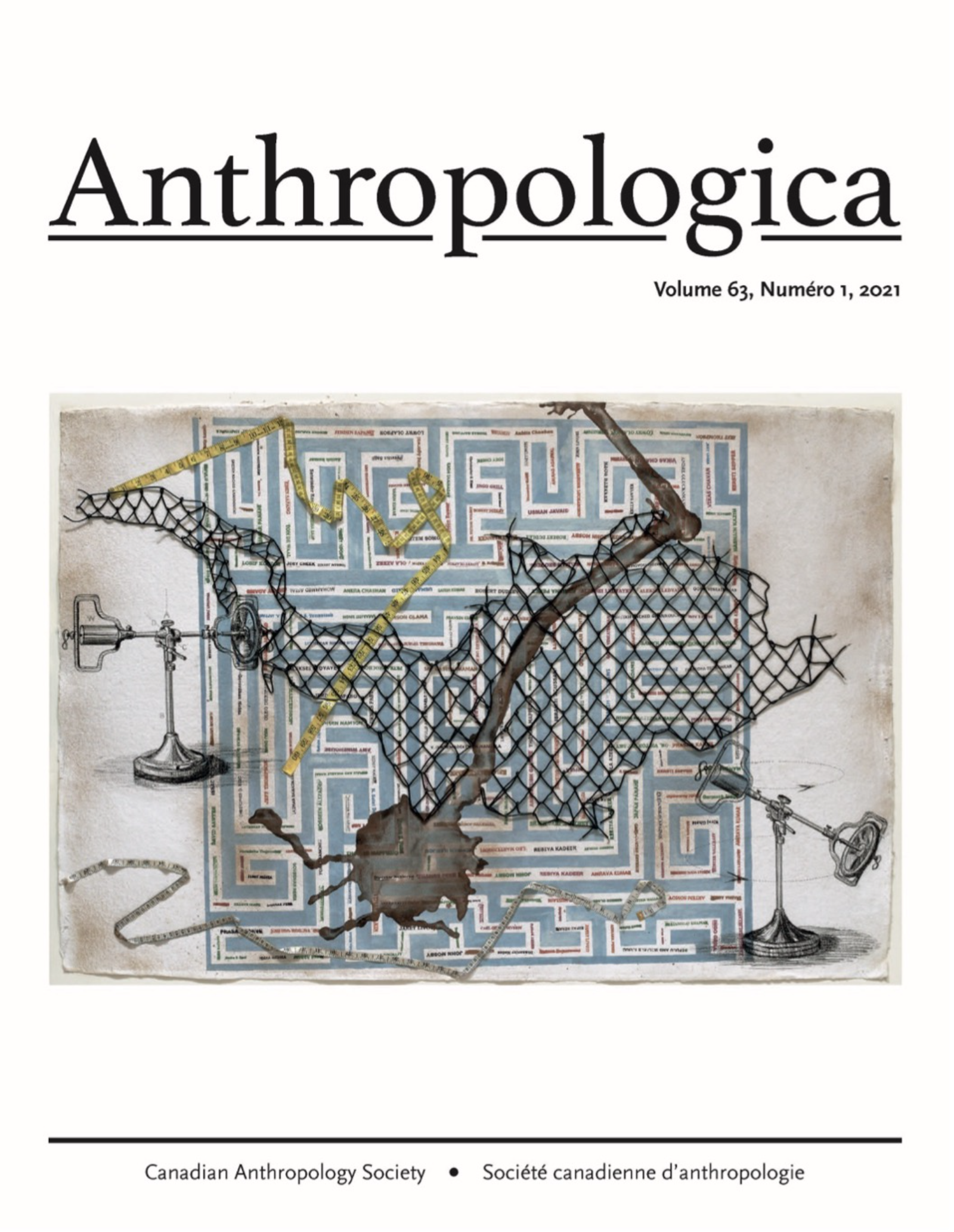This auto-ethnography demonstrates how personal COVID-19 stories intersect with broader societal issues of stigma and marginalization. Auto-ethnography, as a method, allows researchers to use their personal experiences to explore cultural phenomena. Australian activist Holly Zwalf and political science scholar Samantha Sperring analyze Zwalf’s dual stigmatization as a queer person and an early COVID patient, within the framework of illness stigma. Drawing on queer temporality theories, which propose that queer individuals exist outside traditional timelines of heterosexual “reproduction and family” (18), the authors explore how Australia’s dominant white hetero-patriarchal culture exacerbated the stigmatization of COVID patients. The pandemic’s fear of contagion compounded this, leading to Zwalf and her family’s double marginalization. Their status as COVID patients and their non-conforming identities created a “perpetual social quarantine,” marked by constant hostility and suspicion. Despite collective solidarity rhetoric, the authors note that crisis management often relies on “individual responsibilization of health behaviors” (2), neglecting structural interventions. The auto-ethnography of a trans patient highlights that the pandemic disproportionately affected marginalized communities, intensifying existing discrimination.

Image Captions:
Cover of Anthropologica, Volume 63, Issue 1: The Bureaucratic Practices of Migration; Giving Shape to COVID-19, 26 March 2021Citation: Zwalf, Holly, and Samantha Sperring. “Queer and COVID-19 Positive: Contagion, Suspicion, and Stigma.” Anthropologica, vol. 63, no. 1, 17 June 2021, doi.org/10.18357/anthropologica6312021356. NON-FICTION, SCHOLARLY, 29 FEBRUARY 2020 – [APRIL 2020] | AUSTRALIA. jt/ig/jb/ig
Source Type: Scholarship on COVID-19 Studies
Country: Australia
URL: http://doi.org/10.18357/anthropologica6312021356
Date: 29-Feb-2020
Keywords: Australian Medical System, Autoethnography, Queer Temporality, Scholarship, and Stigma